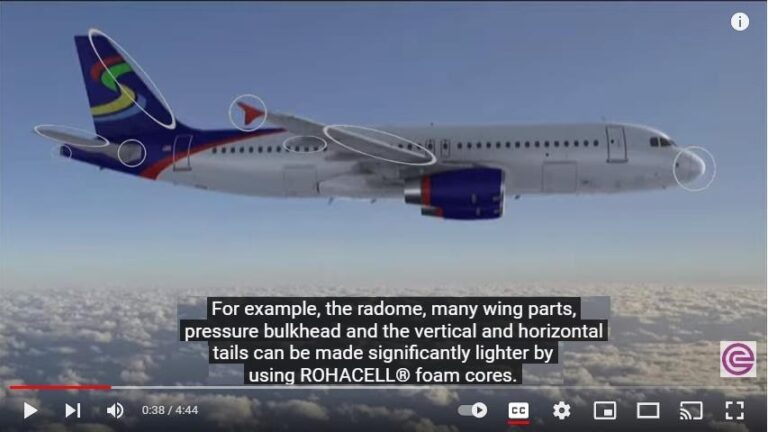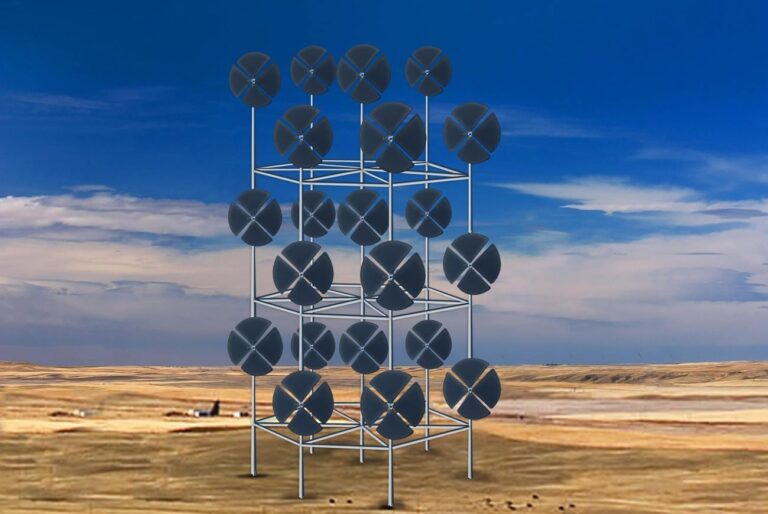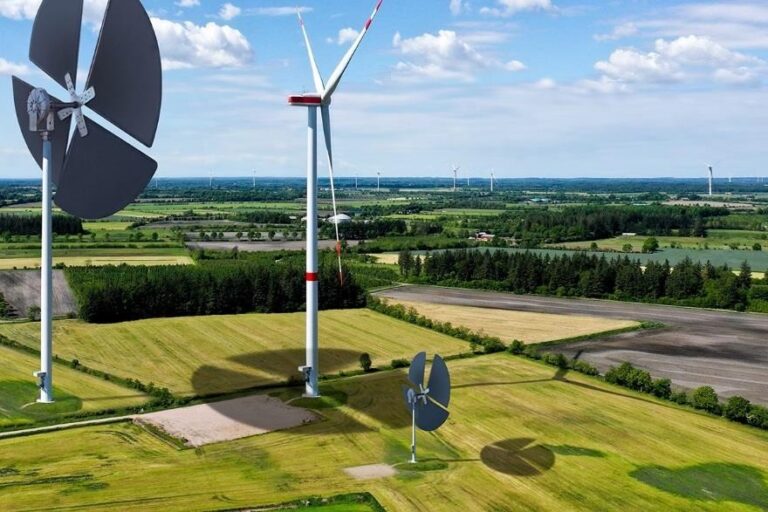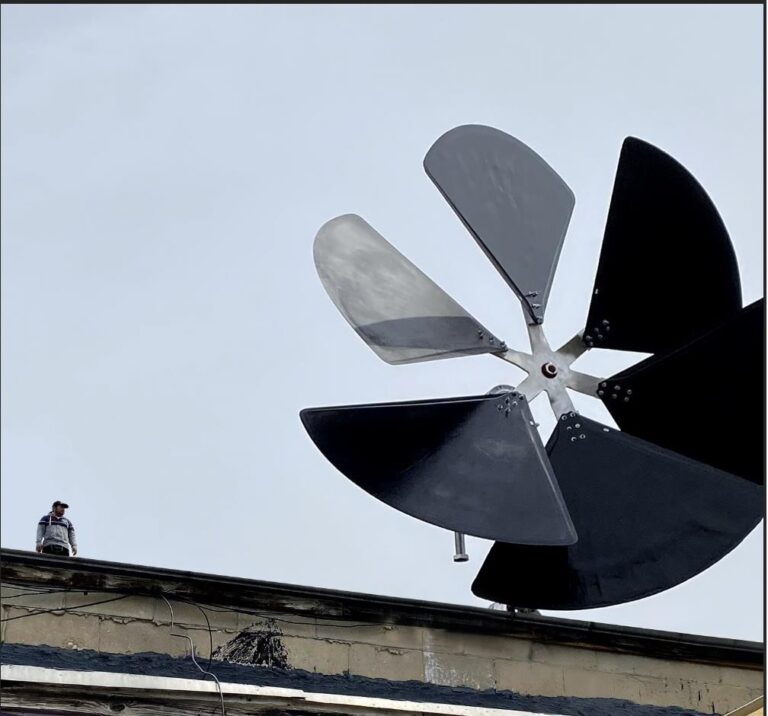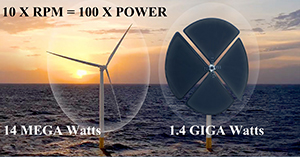
NEW YORK – Xene Corporation is suing Dutch composite global giant Nouryon BV and Akzo Nobel for $6.3 billion for allegedly using Xene’s patented technology to manufacture parts for Boeing and Airbus aircraft, General Electric wind turbines, and automobiles and helicopters.
Xene, a U.S. and international patent owner of a foam-based carbon composite material and manufacturing process called Xenecore, filed the lawsuit in U.S. District Court for the Eastern District of New York.
In the complaint, Xene states Nouryon BV, known as Akzo Nobel Special Chemicals before it was sold to The Carlyle Group and GIC and rebranded in 2018, agreed in 2014 to distribute and sell the Xenecore material and process to customers for both companies for mutual monetary benefit. However, Xene alleges Nouryon did so without compensating Xene and continues to sell the Xenecore material and process to a host of its customers, including Boeing Aircraft, Evonik Industries JAG, General Electric, Lantor Composites and Spheretex.
Xene filed the lawsuit in May 2022, a year after The Carlyle Group reportedly began preparations for an initial NASDAQ public stock offering of Nouryon.
Xene began producing carbon fiber tennis rackets under the Donnay brand in 2010. It then expanded the use of its microsphere products into other applications, including drag-based wind turbine blades called the Fanturbine. Xene claims the Fanturbine captures exponentially more wind energy than traditionally shaped aero blades. A story on the Fanturbine was featured in the July 2023 edition of Composites World Magazine and is available here.
Xenecore claims the technology proves Newton’s Law on Conservation of Energy overrules a century of Betz’s theories that drag causes a “loss of energy.” According to Newton’s Law, drag energy cannot be lost. Fan-type blades convert it into energy and provides exponential power over “lifting” with the conventional aero-type blades.
A white paper by Paulo Abdala, an aeronautics professor, shows that by using drag over lift, 14- megawatt turbines could output 1.4 gigawatts of energy, 100 times more than current conventional technology.
The court documents Xene filed reference a video showing how the microspheres are used in the manufacturing of Airbus parts.
Noryoun has filed a motion to dismiss the lawsuit due to an alleged lack of jurisdiction and another motion to dismiss based on Xene’s supposed failure to show evidence of Noryoun’s direct patent infringement. Xene responded by filing a brief providing further details on how
three of Nouryon’s customers allegedly used the Xenecore process with Nouryon’s knowledge and assistance.
Contact Information:
Name: Mary Pieper
Email: [email protected]
Job Title: Freelance journalist
Tags:
Google News, Go Media, CE, Reportedtimes, IPS, iCN Internal Distribution, Extended Distribution, Legal Newswire, English

